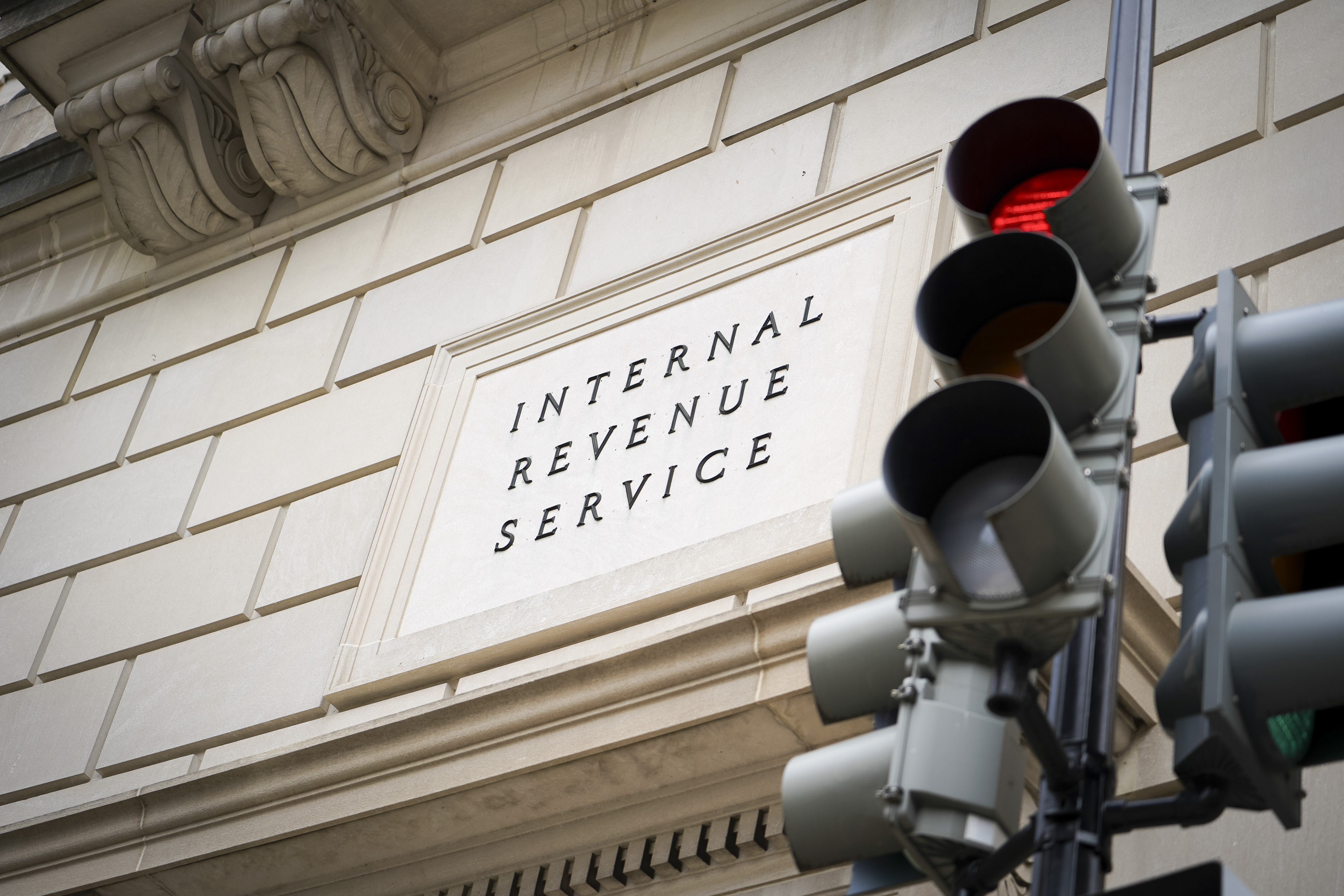The IRS has issued a notice reminding retirees aged 73 and older to take required withdrawals from retirement accounts before a Dec. 31 deadline or face the prospect of hefty penalties.
The agency said in a Dec. 10 notice that required minimum distributions (RMDs) must be taken annually from traditional IRAs, 401(k)s, and other retirement plans. Failure to do so subjects the plan owner to a 25 percent excise tax on the amount not withdrawn, though the penalty drops to 10 percent if the shortfall is corrected within two years.
Penalties for failing to take required withdrawals may be waived entirely if the account owner can prove the error was “reasonable” and is being corrected. In order to apply for such relief, account owners must file Form 5329 and attach a letter of explanation.
While an IRA trustee or plan administrator may calculate the RMD, the account owner is ultimately responsible for ensuring the correct amount is taken, the IRS cautioned.
Changes introduced by the Secure 2.0 Act raised the starting age for RMDs from 72 to 73, giving retirees more time to keep funds in their accounts. Under the updated rules, beginning in 2033, individuals will not need to take the mandatory withdrawals until they reach age 75.
In its Dec. 10 notice, the IRS highlighted other updates introduced by the Secure 2.0 Act. These include the elimination of required minimum distributions for Roth accounts in employer-sponsored plans such as 401(k)s and 403(b)s, starting in 2024. This change aligns these accounts with Roth IRAs, which have long been exempt from lifetime RMDs.
The updated rules for RMDs continue to apply to traditional IRAs and IRA-based plans, requiring annual withdrawals once individuals reach the specified age, even if they’re still employed, the IRS noted.
Employer-sponsored plans are also subject to RMD rules, but withdrawals can be delayed until retirement unless the participants owns more than 5 percent of the sponsoring business. While Roth IRA owners are exempt from having to take withdrawals in their lifetime, beneficiaries must adhere to RMD rules following the account owner’s death.
The IRS cautioned beneficiaries of inherited retirement accounts to follow RMD rules carefully, as they differ based on factors like the account owner’s date of death and the beneficiary’s relationship to the deceased. Updated rules introduced a 10-year rule for most non-spouse beneficiaries, requiring the account to be fully distributed within a decade. Exceptions apply to certain eligible designated beneficiaries, such as spouses, minor children, and individuals who are disabled or chronically ill.














